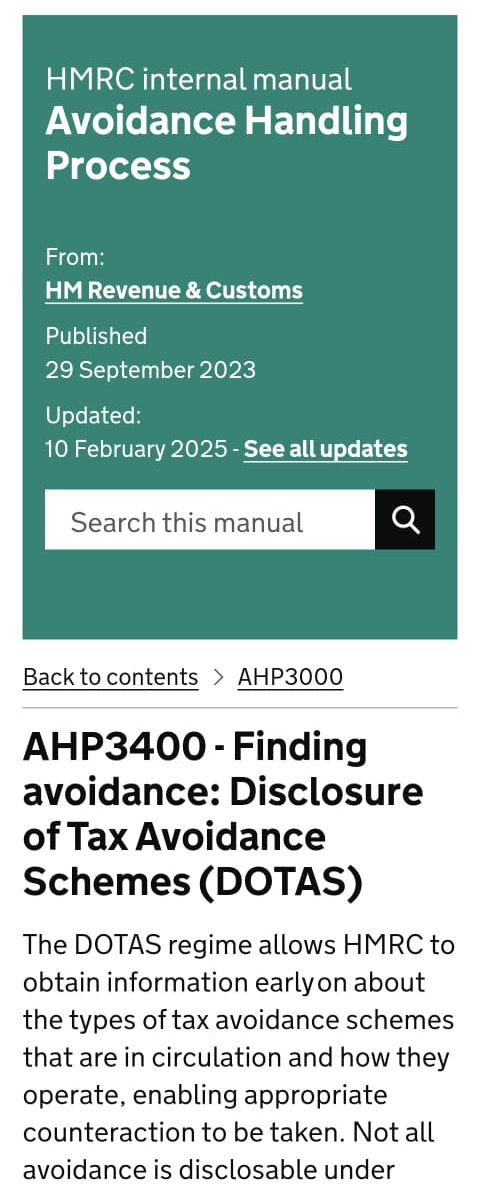VAT Treatment of Islamic Financial Products
- Hammad Baig-Tax Barrister

- Nov 3, 2018
- 4 min read
Updated: Nov 6, 2018

Introduction
Islamic Finance is a method of financing and banking operations that abides by Sharia Law. The main concept of Islamic Finance is the avoidance of activities which are harmful to wider economic good, such as charging interest, benefiting from ambiguity (gharar) or gambling/speculation (maysair). Therefore, the headline is that all forms of interest are forbidden.
Rules of Islamic Finance also prohibit investments in activities which are religiously forbidden such as pork and its products and activities which are perceived to be morally and ethically harmful to society such as investing in alcohol, pornography or gambling.
The lending models work on the basis of risk sharing. The customer and the lender share the risk of any investment on agreed terms, and divide any profits between them. The main categories within Islamic finance are: Ijara, Ijara-wa-iqtina, Mudaraba, Murabaha and Musharaka.
Ijara is a leasing agreement whereby the bank buys an item for a customer and then leases it back over a specific period.
Ijara-wa-iqtina is a similar arrangement, except that the customer is able to buy the item at the end of the contract.
Mudaraba offers specialist investment by a financial expert in which the bank and the customer shares any profits. Customers risks losing their money if the investment is unsuccessful, although the bank will not charge a handling fee unless it turns a profit.
Murabaha is a form of credit which enables customers to make a purchase without having to take out an interest bearing loan. The bank buys an item and then sells it on to the customer on a deferred basis.
Musharaka is a investment partnership in which profit sharing terms are agreed in advance, and losses are pegged to the amount invested.
How does the lender / bank make money?
Although they cannot charge interest, the banks can profit from helping customers to purchase a property using a ijara or murabaha scheme. With an ijara scheme the bank makes money by charging the customer rent; with a murabaha scheme, a price which includes the profit is agreed at the outset. This profit is deemed to be a reward for the risk that is assumed by the bank.
I detail the VAT treatment of the "price plus profit" contracts below:
Islamic Financial Products
There are three products that use the “price plus ‘profit’” principle – a basic product (called “Murabaha”), one that involves commodity transactions (called “commodity Murabaha”) and a reverse of this (called “reverse Murabaha”).
The Murabaha Contract
This product can be used to fund the purchase of a variety of assets, including cars, fridges, televisions and property (both residential and commercial).
VAT treatment (goods)
Where title to the asset passes from the a lender / bank to the customer the sale is treated in the same way as a credit sale. There are two supplies being made by the lender / bank– one of the goods and one of the facility to defer payment.
Consideration for supply of the goods follows the normal liability rules. The “profit” element will be treated as consideration for the facility to defer payment and will be exempt under the VAT Act 1994, Schedule 9, Group 5, item 3.
VAT treatment (property)
As with goods, the sale is treated in the same way as a credit sale. There are two supplies being made by the lender / bank – one of the property and one of the facility to defer payment.
The “profit” element will be treated as consideration for the facility to defer payment and will be exempt under the VAT Act 1994, Schedule 9, Group 5, item 3.
When property is transferred as part of the purchase of a going concern the lender / bank will not have operated the business. Where the consideration is in regard to the property, the liability will follow the normal rules for property.
The Commodity Murabaha Contract
This product is essentially a loan facility from a financial institution but instead of lending the money and charging interest it uses commodities and deferred payments to achieve the same end effect.
VAT treatment
The VAT treatment of commodities is set out in HMRC's Notice 701/9 Derivatives and Terminal Markets. Please note that there are separate rules covering supplies of investment gold, and these can be found in Notice 701/21 Gold.
The “profit” element made by the lender / bank will be treated as consideration for the facility to defer payment and will be exempt under the VAT Act 1994, Schedule 9, Group 5, item 2.
The Reverse Murabaha Contract
This product is the reverse to the commodity Murabaha, and is normally used to affect a loan between financial institutions.
VAT treatment
The VAT treatment of commodities is set out in HMRC's Notice 701/9 Derivatives and Terminal Markets. Please note that there are separate rules covering supplies of investment gold, and these can be found in Notice 701/21 Gold.
The “profit” element made by the bank will be treated as consideration for the facility to defer payment and will be exempt under the VAT Act 1994, Schedule 9, Group 5, item 2.
Should you have questions regarding the above or in regards to Takful then do not hesitate to contact Hammad.



Comentarios